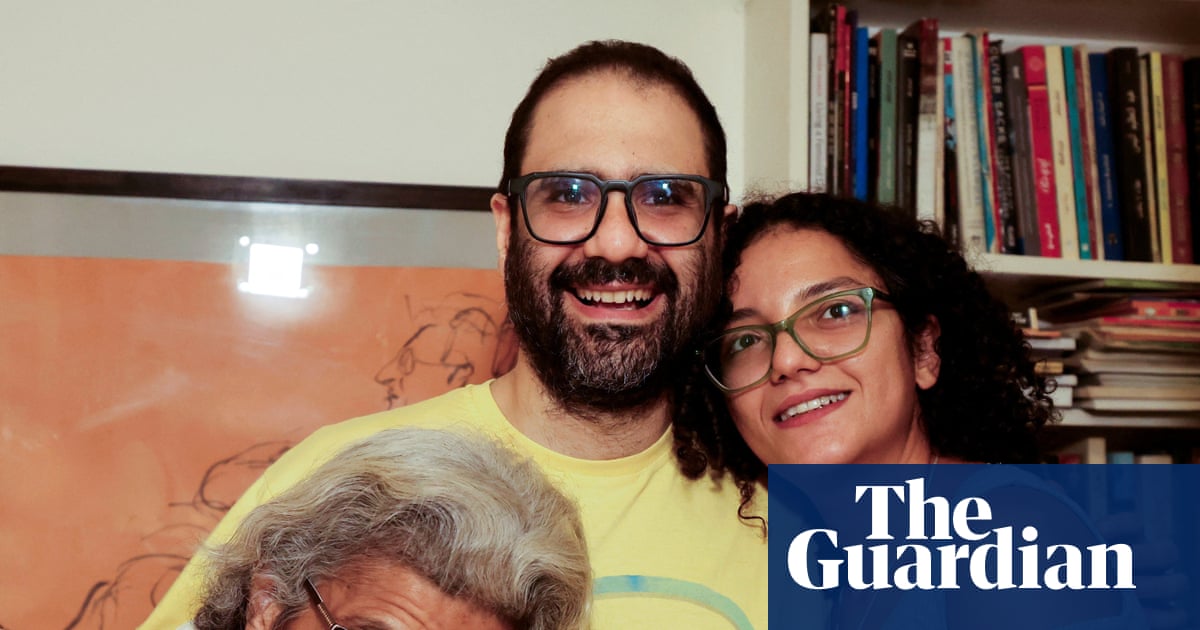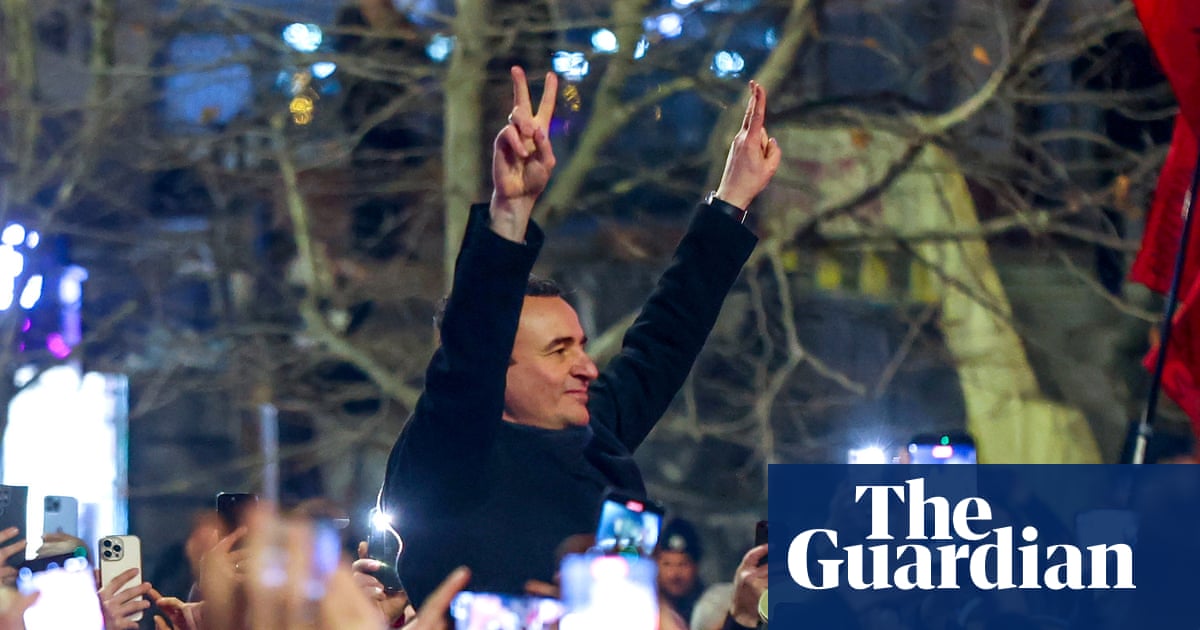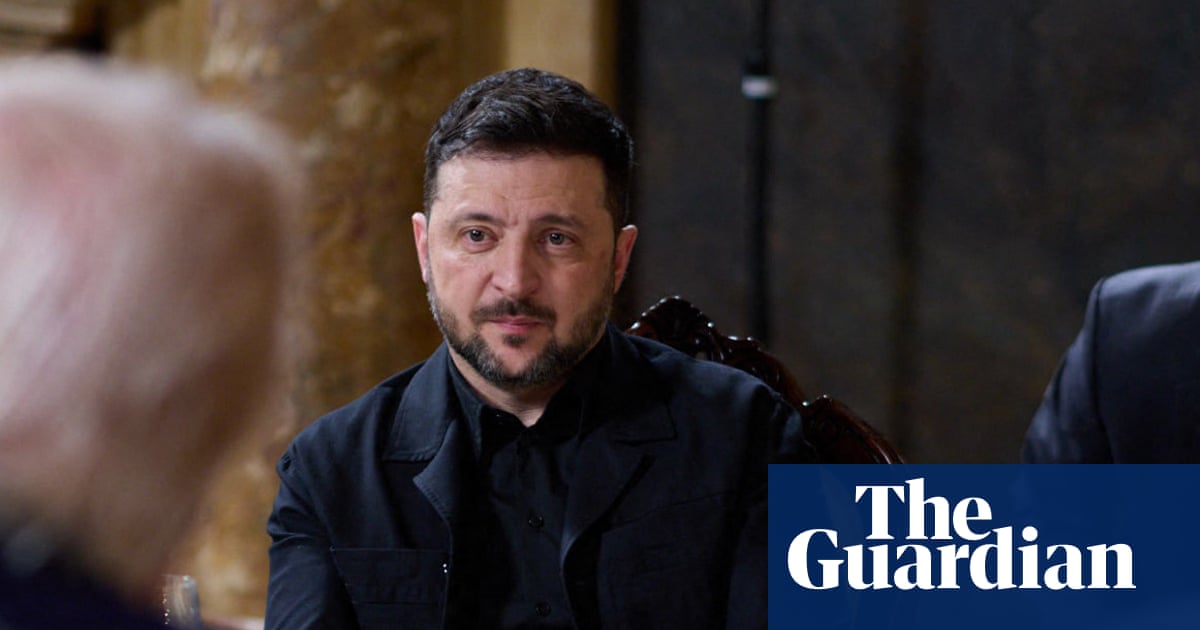I was there. I kept the receipts. I remember how normalized the sexual exploitation of teenage girls and even tweens by adult men was, how it showed up in movies, in the tales of rock stars and “baby groupies”, in counterculture and mainstream culture, how normalized rape, exploitation, grooming, objectification, commodification was.
The last Woody Allen movie I ever saw was Manhattan, in which he cast himself as more or less himself, a dweeb in his mid-40s, dating a high school student played by Mariel Hemingway. She was my age, 17, and I was only too familiar with creeps, and the movie creeped me out, even though it was only long afterward that I read that she said he was at the time pressuring her to get sexually involved with him in real life.
Manhattan came out in 1979; two years earlier Roman Polanski, on the pretext that he was taking photographs for French Vogue, got a 13-year-old girl to come alone to a house, where he drugged and raped her vaginally and anally. The probation officer assigned to him wrote: “There was some indication that circumstances were provocative, that there was some permissiveness by the mother,” and “that the victim was not only physically mature, but willing”. In her own account, the girl had said no repeatedly and even pretended to have an asthma attack to try to dissuade him, but the probation officer was of his era and only too willing to blame a drugged child. That was normal then.
Movies of the 1970s normalized all this. Jodie Foster was 12 when she played a prostitute in Taxi Driver. In Pretty Baby, an 11-year-old Brooke Shields played another prostitute in quaint New Orleans whose virginity is auctioned off, and who appears nude in some scenes, as she did in a Playboy Magazine special “sugar and spice” issue at age 10. In Milos Forman’s 1971 Taking Off, the runaway 15-year-old daughter of the protagonist reappears with a rock star boyfriend. Groupie culture included more than a few children sleeping with rock stars; Interview Magazine recounts of one prominent groupie that she “lost her virginity at age 12 to Spirit guitarist Randy California. For a time, she was involved with Iggy Pop, who glorified their relationship in his 1996 song Look Away. I slept with Sable when she was 13 / Her parents were too rich to do anything.”
It was the 70s in which the soft-focus color photographs of nude and semi-clad pubescent girls of David Hamilton were normalized as coffee table books and posters. By the 1990s, Jock Sturges’s black-and-white photographs of similar slender white girls shot in a nudist colony in the midst of puberty launched controversies. While he defended them with bland notions of high art and edenic life without shame, a former student of his made a semi-documentary film about the sexual relationship she had with him when she was 14 and he was her art teacher, in the 1970s.
Later on, when Brooke Shields tried to stop Gary Gross’s nude images of her at age 10 from circulating, as the Guardian reported in 2009, “Gross’s lawyers argued that his photographs could not further damage Shields’s reputation because, since they were taken, she had made a profitable career “as a young vamp and a harlot, a seasoned sexual veteran, a provocative child-woman, an erotic and sensual sex symbol, the Lolita of her generation”. The judge concurred and, while praising the pictures’ “sultry, sensual appeal”, ruled that Gross was not a pornographer: “They have no erotic appeal except to possibly perverse minds.”
That’s what the 1980s were like too. As an adult Molly Ringwald wrote of the John Hughes teen movies in which she starred back then, “I’m a little embarrassed to say that it took even longer for me to fully comprehend the scene late in Sixteen Candles, when the dreamboat, Jake, essentially trades his drunk girlfriend, Caroline, to the Geek, to satisfy the latter’s sexual urges, in return for Samantha’s underwear. The Geek takes Polaroids with Caroline to have proof of his conquest; when she wakes up in the morning with someone she doesn’t know, he asks her if she ‘enjoyed it.’” That this was rape was not clear to Ringwald, as she says, or to audiences. In 1984, Rolling Stones bass player Bill Wyman, who was 47, began having a relationship with a child he met, claiming “she was a woman at thirteen”. Much later in her life, she advocated for raising Britain’s age of consent from 16 to 18, saying, “You are still a child – even at 16.”
Before what got called the sexual revolution, prudery and propriety regarded girls and young women as the property of fathers and future husbands, and not besmirching the purity that was part of their value was at least grounds for saying no. The sexual revolution removed this barrier and when I was a teenager in the 1970s the general idea was that sex was good and everyone should have it, and so I started getting hit on by counterculture dudes when I was 12 or 13, as did my female peers. Everything meant yes; nothing meant no; almost no one aided girls who wanted to avoid these guys; we were on our own and had to become escape artists. In the alternative school I went to in the mid-1970s, in a nice suburb, 13-year-old girls were dating adult drug dealers, a 14-year-old showed off a ring from her middle-aged fiancee, and a 15-year-old got pregnant from a sailor on a nearby base and decided to have the baby. No adults seemed concerned.
It was still a misogynist culture; sex was still framed largely in terms of male needs. One more striking piece of 1970s culture was the sexual ethos of the counterculture terrorists who kidnapped Patti Hearst in 1974: that it was “comradely” to meet the needs of others, and thus the women in the Symbionese Liberation Army were always supposed to say yes to the men, to meet the latter’s needs, never mind their own. So much for liberation.
Founded in 1978, NAMBLA, the North American Man-Boy Love Association, was an organization of adult men actively campaigning for legalizing sex with male children, and was only gradually driven underground. Straight men didn’t need a special organization to advocate for them; the whole culture did. It was the Playboy Philosophy, it was Hollywood and rock’n’roll, cheesy art like David Hamilton’s, and sniggers and excuses.
I write all this because the just-released 2003 Jeffrey Epstein birthday album is a late relic of that culture, as is Donald Trump’s attitude toward women. Trump was often seen at Epstein’s events, packed with very young female models, at a time when models were sent out to mingle with affluent men.
after newsletter promotion
Two pages in the album are particularly striking. In one, a photograph of three people holding a giant check to Epstein, with Trump’s signature (presumably not real), describing Epstein selling a “fully depreciated” woman whose name is redacted to Trump for $22,500. Depreciated is a real-estate term; the joke seems to be that somehow a woman has lost some of her value, but is still saleable as property, livestock, chattel or whatever term you use when you turn humans into property.
In the other, a drawing of Epstein in 1983 approaching girl children with balloons and candy clearly recognizes him as a groomer; the other half of the pictures shows him in 2003 in a recliner being serviced by four young women or girls, two in thong bikini bottoms, one with Epstein’s initials tattooed on her butt cheek. It’s clear whoever contributed these suggestive pages to the Epstein album knew of his sexual appetite for young girls, and that a great many others did as well.
What happened between the 1970s I’ve described and the present is feminism: feminism that insisted that women were people endowed with rights, that sex, as distinct from rape, had to be something both parties desired, that consent had to be active and conscious, that all human interactions involve power and that the vast power differential between adult men and children meant that no such consent was possible.
It was feminism that exposed the ubiquity of child abuse, rape, sexual harassment and domestic violence, that denormalized these abuses that were so much part of patriarchal society. And still are, far too much, but the dismissive, permissive attitude of the past is past, at least in mainstream culture.
-
Rebecca Solnit is a Guardian US columnist. She is the author of Orwell’s Roses and co-editor with Thelma Young Lutunatabua of the climate anthology

 3 months ago
56
3 months ago
56

















































